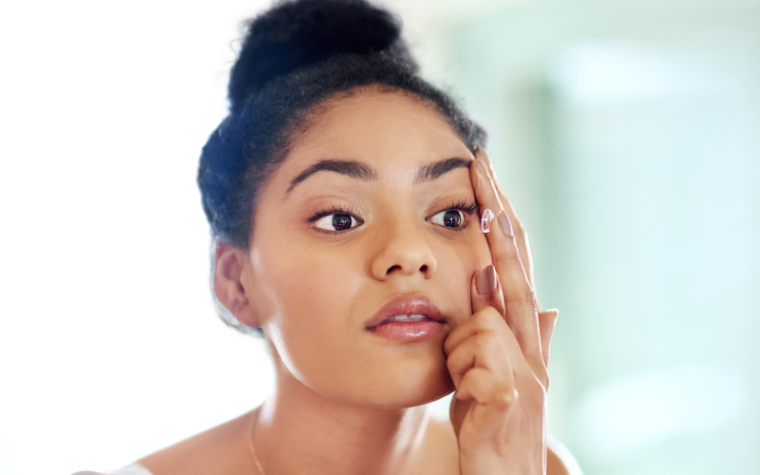Featured
Table of Contents

Routine eye examinations are necessary for keeping good vision and finding potential eye wellness problems early. Nevertheless, the regularity of these tests can vary considerably based on a person's age, lifestyle, and general health and wellness. Recognizing the suggested schedule for eye tests can assist make sure that individuals of every ages get ideal treatment and surveillance for their eye health and wellness.
Newborns and Toddlers (0-2 Years)
For young children and infants, eye exams are essential for finding any possible vision problems beforehand. The American Academy of Ophthalmology recommends that a child's very first eye test should take place at around six months of age. Throughout this preliminary browse through, the eye care expert will assess the youngster's visual growth and check for any kind of apparent eye issues.Following this very first exam, it is advised that kids have an additional eye exam at age three. This visit will concentrate on analyzing the kid's total visual function, consisting of eye alignment and the ability to track objects. If no problems are identified, the next test should be scheduled prior to the youngster begins institution, generally around age 5 or six.
School-Aged Children (6-18 Years)
When youngsters reach school-age child, regular eye tests need to be set up every one to 2 years. Vision is essential for finding out and growth, and numerous colleges conduct vision testings. Nevertheless, these screenings do not change a comprehensive eye test by an eye care expert.For children associated with sporting activities or tasks needing substantial aesthetic emphasis, annual eye tests might be a good idea. In addition, if a youngster displays indicators of vision troubles-- such as problem reading, squinting, or regular headaches-- a browse through to the eye doctor ought to be set up asap.
Young Adults (19-39 Years)
Youthful grownups commonly have less vision modifications than older age groups, but routine eye tests stay vital. The basic recommendation is to set up an eye exam every two years during this period. People with certain danger aspects-- such as a household background of eye illness, diabetes mellitus, or those who use get in touch with lenses-- should take into consideration annual eye tests.Furthermore, those that invest considerable time on electronic tools may experience digital eye strain. If signs and symptoms such as dry skin, tiredness, or obscured vision occur, it might be smart to see an eye treatment professional quicker.
Adults (40-64 Years)
Grownups aged 40 to 64 must arrange eye examinations every one to two years. Eye examinations can also assist discover other typical age-related problems such as glaucoma, cataracts, and macular deterioration.If people in this age have risk factors like hypertension or diabetic issues, they might require more regular evaluations to monitor their eye health very closely.
Seniors (65 Years and Older)
For elders, routine eye examinations become much more crucial. The American Optometric Association advises that individuals aged 65 and older have an eye test at the very least when a year. Older adults are at a higher danger for different eye diseases, including cataracts, glaucoma, and age-related macular degeneration. Early discovery and treatment of these conditions can prevent vision loss and boost the lifestyle.Final thought.
Comprehending the appropriate schedule for eye tests based upon age is vital for maintaining optimal eye health and wellness throughout life. From infants to senior citizens, regular eye evaluations play a crucial function in discovering problems early and making sure that vision continues to be sharp. By adhering to these standards and talking to an eye care expert, individuals can take proactive actions towards preserving their vision and overall health and wellness. Whether it's a youngster's initial visit or an elderly's yearly examination, prioritizing eye care is an investment in long-lasting health.Table of Contents
Latest Posts
Experience Coastal Sophistication at Deauville Inn
Published en
1 min read
Host Your Perfect Occasion: Place Rental Alternatives for each Celebration
Published en
1 min read
Experience the Boogaloo: Eating, Drinks, & Sports at FunCity Hotel
Published en
2 min read
More
Latest Posts
Experience Coastal Sophistication at Deauville Inn
Published Apr 20, 25
1 min read
Host Your Perfect Occasion: Place Rental Alternatives for each Celebration
Published Mar 10, 25
1 min read
Experience the Boogaloo: Eating, Drinks, & Sports at FunCity Hotel
Published Jan 29, 25
2 min read